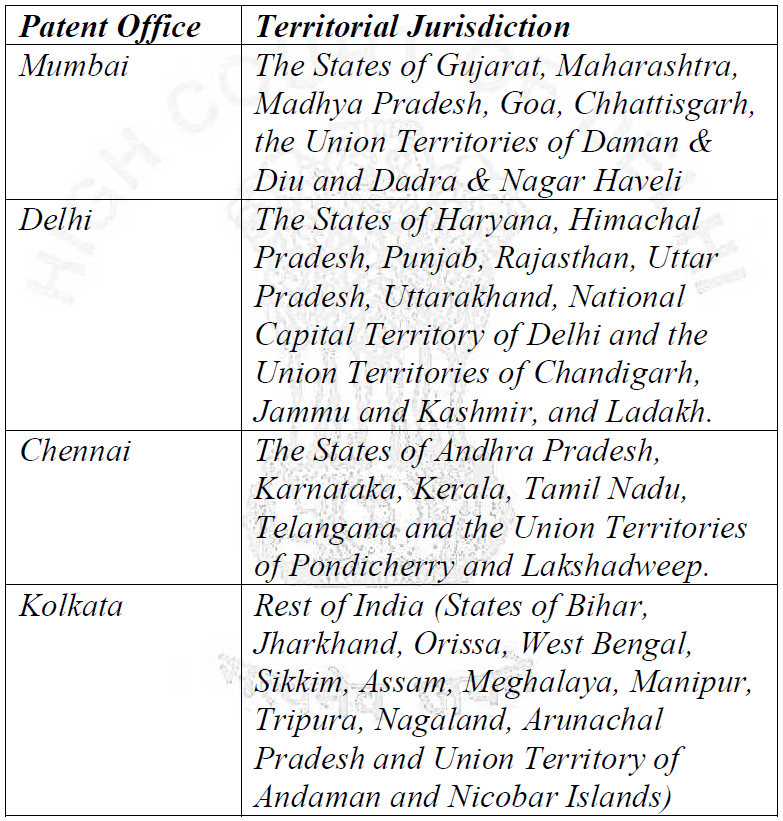The Delhi High Court in the matters of Dr. Reddys Laboratories Limited & Anr. Vs. The Controller of Patents & Ors. C.O. (CONN.IPD-PAT) No. 3/2021 with Thyssenkrupp Rothe Erde Germany GMBH Vs. The Controller of Patents & Anr. C.O. (CONN.IPD-PAT) 1/2022 and Elta Systems Ltd. Vs. The Controller of Patents C.A.(COMM.IPD-PAT) 169/2022 decided upon the question, of whether upon the abolishment of the Intellectual Property Appellate Board (“IPAB”), all High Courts can entertain revocation petitions and appeals. The court additionally deliberated upon the method to determine the jurisdiction concerning such matters.
While the first two matters were concerned with the revocation of granted patents under Section 64 of the Patents Act, 1970, (“Act”) the third matter was an appeal under Section 117A of the Act. The issues gained prominence since the parliament abolished the IPAB with the enactment of the Tribunal Reforms Act, 2021, which subsequently lead to all the pending matters being transferred to the High Courts.
In India, there are four Patent offices each having jurisdiction over a few states as detailed in the image.

When a new Patent application is filed in India the appropriate Patent office is determined by the address of the Applicant and in the event of the Applicant not having an address in India, the address of the legal counsel is used to determine the appropriate patent office.
The court with respect to jurisdiction concerning revocation petitions held that, ‘…wherever the effect of the patent is felt would be the place which has the nexus with the lis and, there a revocation petition under Section 64 could be maintainable.’ The Delhi High Court, while relaying upon the decision of the High Court of Delhi in Girdhari Lal Gupta v. Gian Chand Jain & Co. AIR 1979 Delhi 146, further held that ‘…the differences between the two elements, i.e., the registration of the design and the effects of the registration of the design…The static effect could be the grant of a design registration and its continuation. However, the dynamic effect would be wherever the exclusionary effect of the the registration are felt leading to monopolist situation and the injury caused to others due to the same’ . The court thereafter opined that jurisdiction for revocation petitions would lie with the High Court in whose jurisdiction the patent was granted as the cause of action consists of a series of events beginning with the grant of the patent. Additionally, owing to the dynamic effect of the patent, the jurisdiction would also extend to other places where the commercial interest of the person interested in such a patent may be affected.
As regards the jurisdiction for appeal against an order of the patent office, the court held that the term ‘appropriate office’ is of immense significance in the process of prosecution and grant of a patent application in India. The court noted that in recent times, due to the high volume of cases, the Controller of Patents has been allocating examination of applications between various Patent Offices across the nation. As a result, issues arose when, for instance, an application originally filed with the Delhi Patent Office was scheduled to be heard before the Controller at the Mumbai Patent Office. The appeal to such an order was not necessarily being filed before the High Court of Delhi, however, with this order, the Court has interpreted that the ‘appropriate office’ in the case of a patent application shall be the Patent Office where all procedures and proceedings related to the patent application have to take place, regardless of the fact that a hearing may have been scheduled before another Patent Office. Consequently, the court held that ‘The appropriate office is, thus, the situs of the patent application. ’
Through this order, the Delhi HC has examined and decided upon pertinent issues that were left in the wake of the abolishment of the IPAB. It is commendable how the High Courts have risen up to the challenge and are attempting to fill the void without effecting any drastic changes. The order has provided a much-needed system to petitions concerning revocations and appeals and is therefore assistive in building a supportive eco-system for patent applicants.
Raja Selvam
Founder & Managing Attorney, Selvam & Selvam | Practice areas include Trademarks, Patents, Domain names & Business law. Visiting faculty, Department of Journalism, Madras University where I teach copyrights & trademarks law. Passionate about entrepreneurship, start-ups, stocks, farming, technology and law.
Trademark Examination Reports and their Replies – Trademark Law in India
The trademark registration process, which we have covered in an earlier post is fairly straightforward. A trademark application is filed, examined by…
Delhi High Court throws some "light" on comparative advertisement in India
The High Court of Delhi recently dealt with a case of comparative advertisement, yet again. The only thing that set this case apart from the recent…
The Khadi trademark story – From Gandhi to Germany
During the British rule in India, Khadi was not just a cloth, it was a movement by Gandhiji where he promoted it as an ideology and instilled in the…
